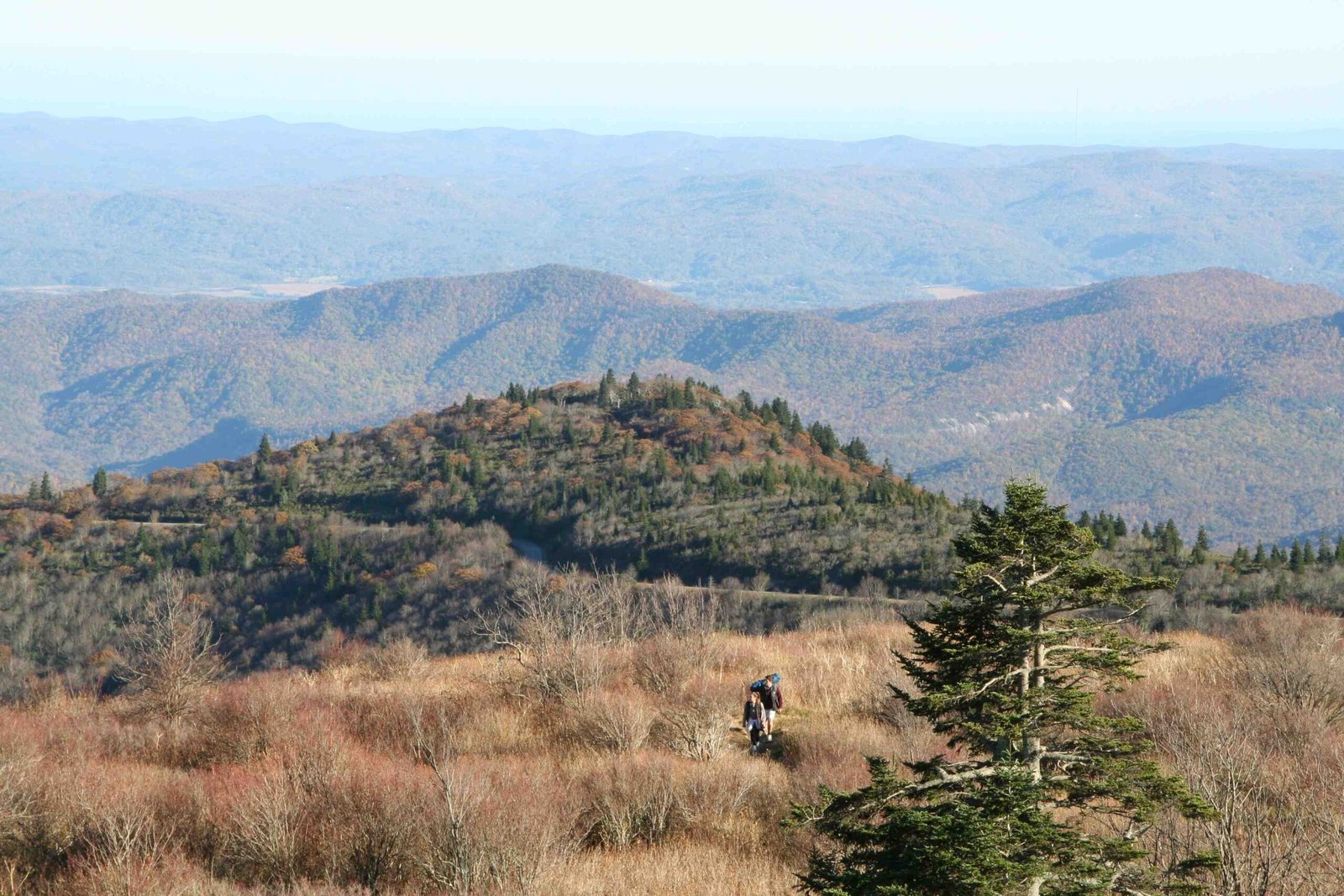The Appalachian Trail represents more than a hiking path—it’s a transformative journey where African American families challenge historical outdoor participation barriers, reclaim wilderness spaces, and create powerful narratives of exploration, connection, and personal triumph across diverse landscapes and challenging terrains.
What Makes the Appalachian Trail Unique for African American Families?

The Appalachian Trail offers African American families an extraordinary opportunity to connect with nature, challenge historical outdoor participation limitations, and create generational memories beyond traditional recreational experiences.
Who Are the Trailblazers?
African American families hiking the Appalachian Trail represent a growing movement of outdoor enthusiasts challenging historical representation and creating new narratives about wilderness exploration. These families include:
- Multi-Generational Hiking Groups
- Families bringing children and elders together
- Creating shared experiences across age groups
-
Building intergenerational outdoor skills
-
Solo Family Units
- Parents introducing children to long-distance hiking
- Teaching wilderness survival skills
- Developing personal resilience
What Challenges Do African American Families Face?
| Challenge | Impact | Mitigation Strategy |
|---|---|---|
| Historical Representation | Limited visibility in outdoor spaces | Community support networks |
| Safety Concerns | Potential cultural isolation | Group hiking, preparedness training |
| Equipment Costs | Financial barriers to entry | Gear sharing, community resources |
How Do Families Prepare for the Appalachian Trail?
Successful African American family hiking experiences require comprehensive preparation:
- Physical Training
- Gradual fitness conditioning
- Family group training sessions
-
Cardiovascular and strength development
-
Equipment Selection
- Lightweight, durable gear
- Age-appropriate equipment
-
Budget-conscious choices
-
Mental Preparation
- Developing team mentality
- Understanding trail challenges
- Building collective resilience
What Resources Support African American Trail Hikers?
Several organizations actively support diversity in outdoor recreation:
- Outdoor Afro
- Leadership training
- Community connection
-
Wilderness skill development
-
Black Folks Camp Too
- Equipment resources
- Community networking
- Educational workshops
What Are the Transformative Benefits?
African American families hiking the Appalachian Trail experience profound personal and collective benefits:
- Cultural reconnection with natural spaces
- Breaking generational outdoor participation barriers
- Building family unity through shared challenges
- Developing wilderness skills and confidence
- Creating lasting memories beyond traditional recreational experiences
What Personal Stories Inspire Future Hikers?
While specific individual narratives are limited, emerging stories highlight families like the Johnsons from Atlanta and the Williams clan from Chicago, who have documented their Appalachian Trail journeys, inspiring other African American families to explore wilderness spaces.
Conclusion

The Appalachian Trail represents more than a physical journey—it’s a powerful platform for African American families to redefine outdoor recreation, challenge historical narratives, and create transformative experiences that transcend traditional boundaries.
Recommended Next Steps
- Research local hiking groups
- Attend outdoor skill workshops
- Connect with diversity-focused outdoor organizations
- Start with section hiking before attempting full trail experiences
Reference:
– National Park Service Diversity Initiatives
– Appalachian Trail Conservancy
– Outdoor Afro Official Website

